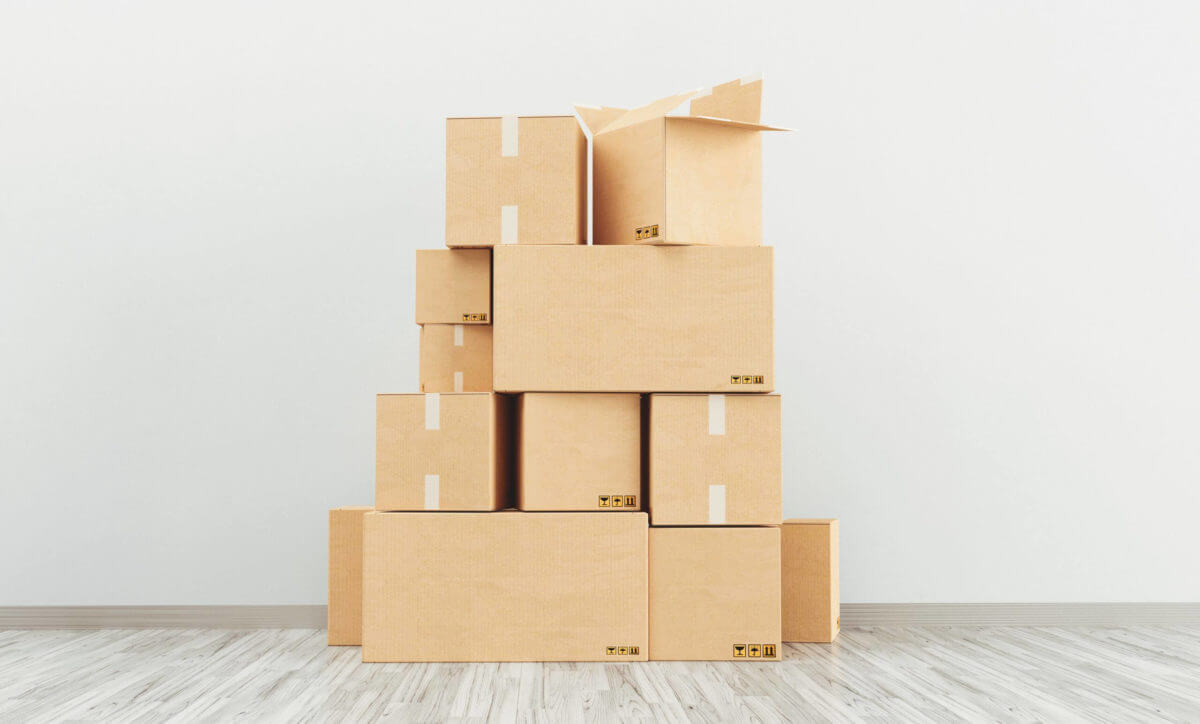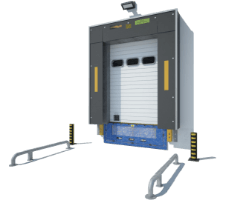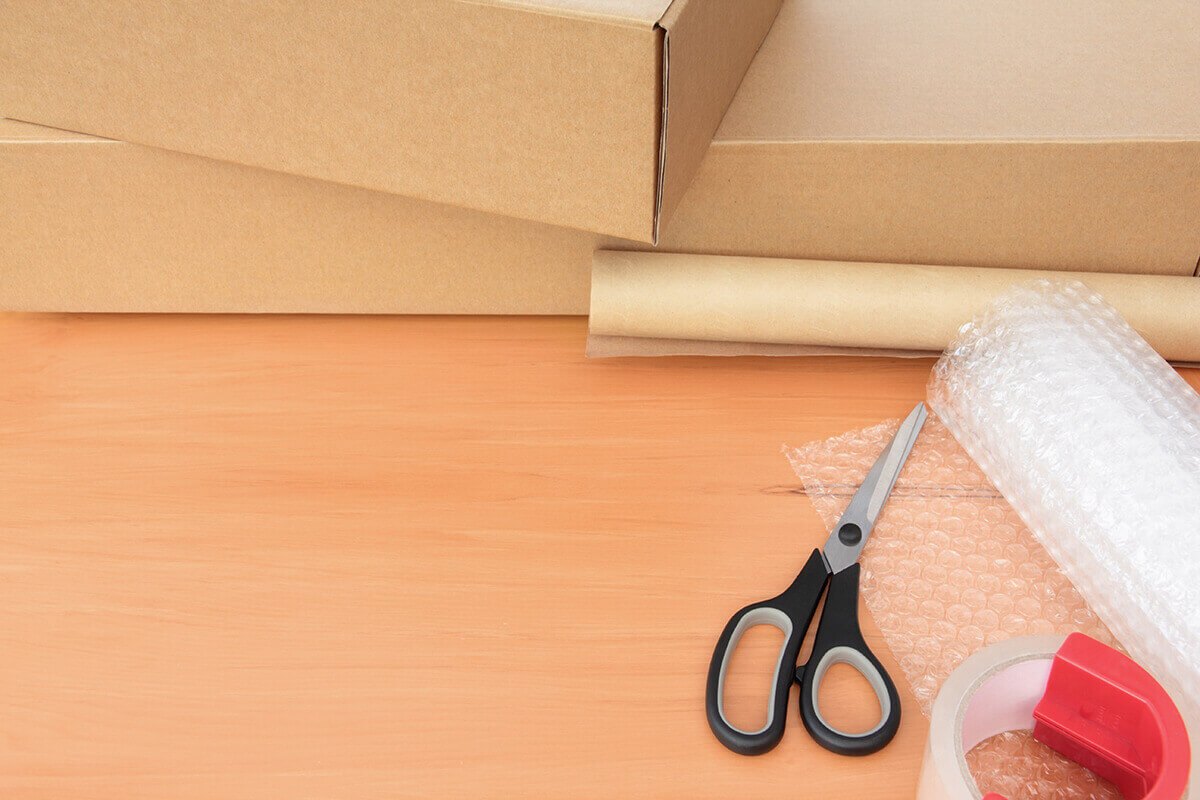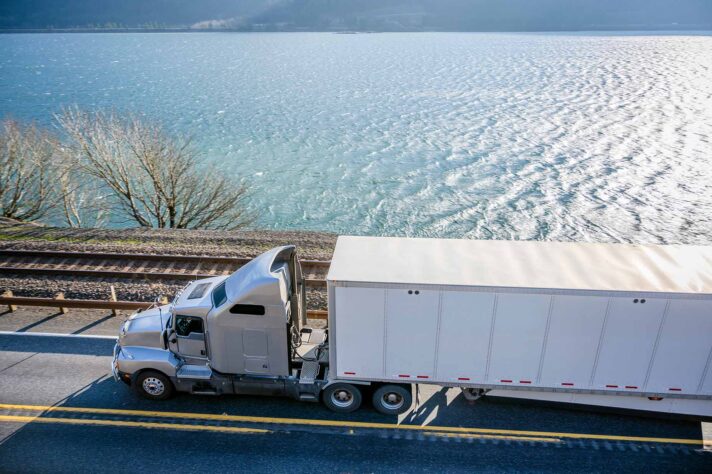Small moves and long-distance relocations are unique but require dedicated planning, which starts with setting a relocation budget. Next up, you need to choose one of the reputable cross-country moving companies – this takes a bit of research and vetting. Sort and declutter your belongings, and gather the necessary packing materials for a long-distance small move. Learn packing tips and techniques, and prepare yourself for the relocation day. Don’t forget to learn how to manage relocation stress during the entire process.
Navigating a Small Long-Distance Move – Your Ultimate Guide to Stress-Free Relocation
Embarking on a long-distance relocation, even with fewer belongings, can feel overwhelming. But fret not! Small relocations present their unique challenges and opportunities. In our comprehensive guide to navigating a small long-distance move, we’ll unpack expert tips and strategies to ensure your transition is smooth, efficient, and stress-free. Dive in and discover the art of mastering a minimalistic move across distances.


Why Small Long-Distance Moves Are Unique
A small cross-country move occupies a distinct niche in the realm of relocation. At first glance, moving small loads across the country might seem easier, but it brings its own set of peculiarities. Unlike larger moves, the relocation expenses aren’t always dictated by the sheer volume of possessions. Instead, the distance plays a pivotal role, often making it cost-prohibitive to transport select items that could be replaced more affordably at the new location.
The process of moving small loads long-distance can be trickier. It might not be economical to hire a large relocation truck for a limited number of items. Hiring long-distance movers would be a cost-effective alternative. There’s an intimate emotional layer to these transitions. Deciding what to take and what to leave behind can be a poignant experience, as each item chosen often holds significant sentimental or practical value.


Planning Your Small Long-Distance Move
A successful relocation starts with meticulous planning. Begin by creating a comprehensive relocation inventory of items you intend to bring with you. This not only aids in gauging the volume but also in deciding the most suitable mode of transportation. Research various shipping options available, such as freight, relocation trucks, or booking cross-country moving services.
Equally vital is setting a realistic timeline – you don’t want to do anything last-minute. It would just bring on a lot of anxiety about relocating. Allocate sufficient time for wrapping your belongings, especially for sentimental or delicate items, and factor in transit time. Remember to keep important documents and a small survival kit accessible, which should contain necessities for a few days post-move.

Storage
Cross Country Moving Company is the most trusted name in auto industry in the country.

Auto Transport
Cross Country Moving Company is the most trusted name in auto industry in the country.
Moving Insurance
Cross Country Moving Company is the most trusted name in the relocation industry in the country.
Budgeting and Expenses When Moving Cross-Country
Financial preparedness is crucial when orchestrating a long-distance relocation. Costs can quickly accumulate, from hiring movers on time or renting a vehicle to purchasing packing materials. Get multiple quotes to compare prices and services offered.
Beyond the obvious large expenses, remember to account for incidental costs like fuel, meals, and potential accommodation during transit. To budget effectively, start by setting a clear limit based on preliminary research and then allocate funds to each segment of the process. Be sure to have a contingency amount for unexpected expenses. Adopting a proactive approach can mitigate the sting of unforeseen costs and ensure a smoother transition to your new home.


Choosing the Right Long-Distance Moving Services
The importance of selecting the right relocation service cannot be overstated. A reputable service can ensure that your belongings reach their destination safely and intact. One fundamental aspect to consider is whether the company is licensed and insured. This not only validates the legitimacy of the movers but also offers a safeguard against potential damages or loss. Insurance can be a lifesaver, providing compensation for any unforeseen mishaps.
How to Vet Moving Companies
To guarantee a smooth and stress-free relocation experience, it’s considered a relocation essential to thoroughly vet potential companies. Choosing a reliable company involves assessing various criteria:
- Licensing and accreditation – Ensure the company has the required state or federal licenses.
- Insurance coverage – Choose a long-distance moving company that offers different insurance options.
- Reviews and testimonials – Look for customer reviews online to gauge the quality of cross-country moving service.
- Experience of cross-country movers – Companies with years in the business often have refined processes and skilled staff.
- Transparent pricing – Beware of hidden charges. A trustworthy company provides transparent quotations for moving and packing services.
Start Sorting and Decluttering Your Belongings
Before embarking on a relocation to a new state, decluttering is paramount. Starting afresh in a new place offers an opportunity to get rid of items you no longer need. Begin by sorting your belongings into categories: essentials, occasional-use, and non-essentials. Question the utility and emotional value of each item. If you haven’t used it in the past year, it might be time to reconsider its place in your life.
Once you’ve decided what to keep and what to discard, consider various methods of disposal. Selling items online can give you some extra funds. Donating to charities or local shelters is another excellent way to ensure your items find a new purpose. And for items that are neither saleable nor donatable, consider eco-friendly recycling options.
Packing Materials You’ll Need
When preparing for your relocation, ensuring the safety of your belongings is vital, and this largely depends on the quality of your packing materials. You’ll require boxes in various sizes, with some specialized for electronics or fragile items. Packing tape is essential to securely seal your boxes.
To protect delicate items, you should have bubble wrap or packaging paper on hand. And, to keep things organized, labels or markers will be necessary to clearly indicate the contents of each box. You can source these materials from local relocation companies, storage facilities, office supply stores, or online platforms that might offer bulk deals.


Useful Packing Techniques and Tips
When you’re embarking on a small long-distance relocation, efficient packing is paramount. For example, a common relocation hack to maximize space is to roll your clothes instead of folding them. Not only does this save space, but it can also reduce wrinkles. For fragile items like glasses or dishes, use soft clothing items, like socks or scarves, as padding.
This technique offers protection and ensures every space in the box is utilized. Valuables such as jewelry can be stored in egg cartons, pill organizers, or wrapped in cling film to prevent tangling. Always ensure your boxes aren’t too heavy – it’s better to have more lighter boxes than fewer overly heavy ones.
Special Packing Considerations
Certain items require extra attention when packaging. For wrapping electronics, it’s best to use their original boxes, as these were specifically designed for transport. If those aren’t available, wrap them in bubble wrap or soft linens and place them in a box with padding on all sides. Plants can be a bit tricky. Make sure they’re hydrated before transport, and use open boxes to allow them to breathe.


What to Do on the Moving Day
Relocation day is the culmination of weeks, sometimes months, of planning and preparation. As the day begins, make sure to have a hearty breakfast, keeping in mind that the day will be long and often physically demanding. Dress in comfortable clothing and sturdy shoes, prioritizing mobility and safety. It’s essential to have a bag or box packed with essential items you’ll need immediate access to, like personal documents, chargers, medications, snacks, and a change of clothes.
Be Sure to Prepare a Checklist for Moving Day Activities
On this day, an organized approach can spare you a lot of relocation stress. Start with a comprehensive review of your inventory. As your items get loaded onto the truck, keep track of them using a pre-prepared list. Last-minute packing is inevitable, as there are always stray items like overnight essentials or morning toiletries that can be missed. When it comes to valuables such as essential documents and jewelry, it’s wise to keep them close rather than putting them on the truck.
As you prepare to leave, don’t rush out. Take a moment to do a thorough walk-through of the entire home, ensuring no corner, closet, or room is overlooked. And as you leave, don’t forget the practicalities – make sure all utilities, from water to gas, are turned off. Lastly, if you’re vacating a rented space or a sold property, handing over the keys is the final, crucial step.


Managing Stress During the Journey to the New Home
Relocating to a new place can naturally generate stress. However, the journey itself doesn’t have to be a source of anxiety. Planning is the key to avoiding stress and anxiety. If the drive is long, ensure you’ve scheduled rest stops. This not only gives the driver a break but provides everyone a moment to stretch, grab a snack, and refresh.
It’s advisable to map out the route in advance, pinpointing safe and clean rest areas or popular points of interest to make the journey enjoyable. Depending on the distance, you may have to plan an overnight stay. Book hotels or lodgings ahead of time, ensuring a proper rest to recharge for the next day’s drive. The journey becomes less of a challenge and more of a transitional adventure with meticulous planning.
Once You Reach Your Home, It’s Time for Unpacking and Settling In
Once you’ve arrived, the thought of unpacking after relocation might seem daunting, but with a systematic approach, you can make the process smooth. Start with the essentials. Unpack the boxes that contain necessities like toiletries, a change of clothes, and some kitchen items. This ensures you have what you need immediately without rummaging through every box.
Then, approach each room individually, beginning with spaces that require immediate setup, like bedrooms and the kitchen. As you set up, think about the layout and organization so you don’t find yourself rearranging frequently.
Lastly, remember, settling isn’t just about unpacking boxes. It’s about integrating into a new community. Take walks around the neighborhood, meet your new neighbors, and perhaps join local groups or clubs. Familiarize yourself with local amenities like shops or parks. The quicker you acquaint yourself with your new area, the faster the unfamiliar becomes your home.


Cross Country Moving Company Can Help You Relocate Swiftly and Smoothly
Relocating can be a daunting endeavor, filled with countless details, tasks, and worries. Enter Cross Country Moving Company, your solution for a hassle-free relocation. Our company is not just any firm – we specialize in cross-country moves. With years of experience under our belt, we have honed our skills to perfection. Whether you’re relocating a few states over or coast-to-coast, our team ensures a seamless transition.
One key aspect that sets us apart is our comprehensive planning. From packing your cherished belongings with care to coordinating efficient transportation routes, we handle every aspect of relocation with precision. Our company also employs the latest tools and technologies to track your shipment, giving you peace of mind. Trust us to make your relocation swift, smooth, and stress-free – contact us to get a free quote!
FAQ
How Far in Advance Should I Plan My Small Long-Distance Move?
For small long-distance moves, it’s advisable to start planning at least 6-8 weeks in advance. This gives you ample time to get quotes from relocation companies, declutter, pack your belongings, and address any logistical concerns.
How Do I Calculate the Costs of a Small Long-Distance Move?
To calculate the costs, begin by getting quotes from at least three reputable companies. Factor in the weight of your belongings, the shipping distance, any additional services (like packing or insurance), and potential storage fees. Additionally, consider travel expenses for yourself, including accommodations, meals, and transportation.
Is It Better to Drive or Fly for a Small Long-Distance Move?
The decision to drive or fly largely depends on the circumstances. If you’re transporting items that can’t be moved by a company (like plants or certain pets), driving might be best. However, if speed and convenience are priorities and you don’t have many personal items to transport, flying might be more suitable. Also, consider the costs associated with each option, including fuel, vehicle wear and tear, flight tickets, and potential car rental fees.
How Do I Keep My Belongings Safe During a Small Long-Distance Move?
Use sturdy packing materials, label your boxes clearly, and consider using locks for boxes with valuable items. Opt for a reputable relocation company and consider purchasing insurance for your belongings. Track your shipment, if possible, and communicate any specific instructions to your movers to ensure the safety of special or fragile items.






